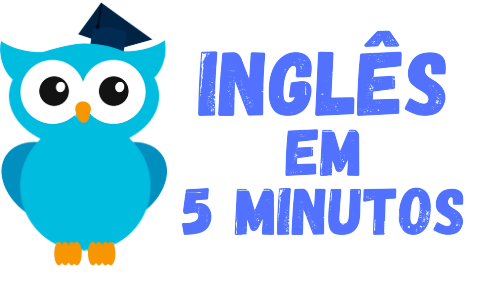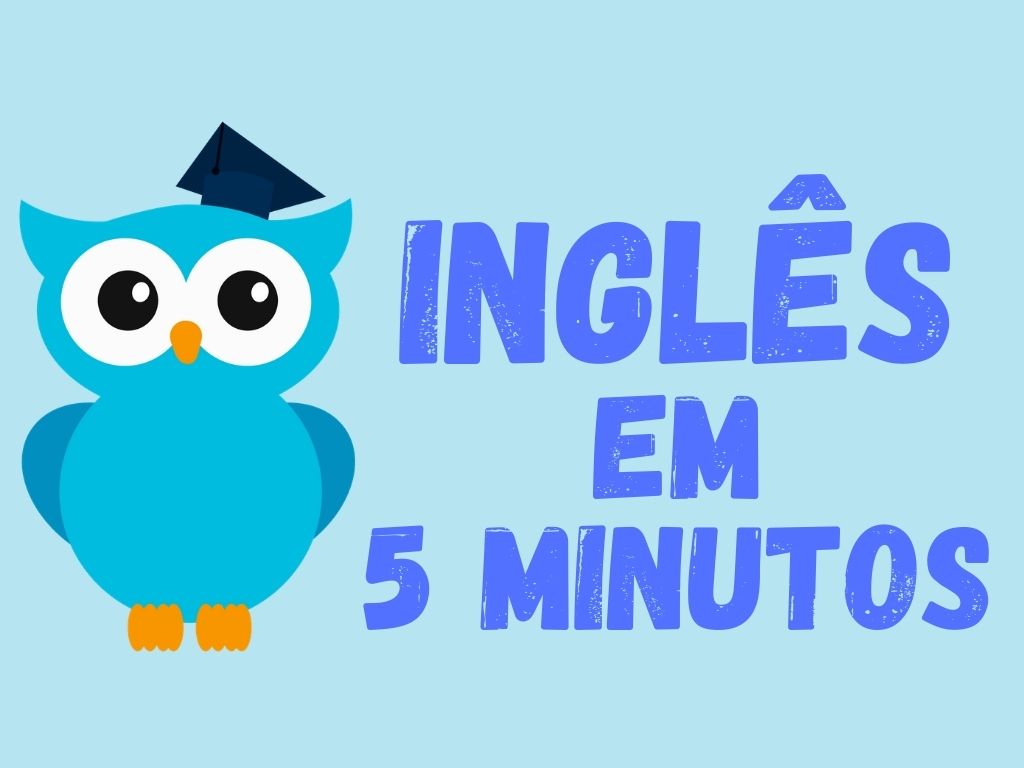Simon: When I was about 30, I got a job as an editor in a publishing company. It was my first office job, and, um, I didn’t really know what to wear, but, um, for the interview I wore a suit, in fact, I bought the suit specially for the interview. I got the job, so I thought that must be OK, so, um, on the first day I went to work wearing a suit and a tie. I got to work early, um, I wanted to make a good impression, and I was the first person in the office, so I went in, I found my desk, with my name on it, and I sat down and there were a few papers and documents for me to read, so I started reading those. I turned on my computer, and after about ten, fifteen minutes the other people in the office started to arrive and I noticed that nobody else was wearing a suit, and I thought, OK it’s not a big problem. So I introduced myself to the other people, I said ‘Hello, how are you? Hello, pleased to meet you’ and the next thing someone said to me was ‘My computer’s really slow, do you think you know what the problem is?’ and I said ‘No, no, not really.’ So then I introduced myself to somebody else and said ‘Hello, nice to meet you’ and she replied ‘Hello, nice to meet you’ and then she said ‘Do you know how I can connect my computer to the printer?’ and I said ‘No, I have no idea how to do that.’ Anyway, I went back to work and about half an hour later I had a meeting with my boss, and she said ‘How’s it going?’ and I said ‘Yeah, it’s all good, everybody seems really nice. Just one thing, why does everybody think I can fix their computer?’ and she looked at me and what I was wearing and she said ‘It’s your suit. Nobody in this office ever wears a suit, so they think you’re from the IT department and you’ve come to help with a computer problem. They’re the only ones who wear suits!’ So, I never wore it again. To this day.
Claire: It was my first day at work as a teacher at a language school, and they asked me to come the first week of term to observe some teachers, to watch their lessons, and then I was going to start teaching the following week. But when I arrived there they told me that one of the teachers was ill and they asked me to take the class, and it was three-year-old kids! So, I was in a class with about ten three-year-olds who were running around my boss gave me a storybook to read to them, but the kids couldn’t speak any English. I’d never taught -never been trained to teach children that small. I tried to read the book to two of them, but the others were running around shouting and hitting each other, and at the worst possible moment, just when all of them were being really noisy and not doing anything I was telling them to, my boss -the director of the school -opened the door and just looked at me. I felt terrible but then she said ‘These children are too young for you, aren’t they?’ and I said yes, I was nearly crying. Luckily after that she never gave me any classes with really young children, but it was the most stressful class I’ve ever tried to teach.
Presenter: The capital city of Estonia, Tallinn, is one of the most beautiful cities on the Baltic coast. It’s one of the world’s ‘smart cities’, which means that technology plays an important role in people’s lives and in business. But some people in Tallin are using the internet for something very unusual. It’s called the Bank of Happiness, but it’s a very different kind of bank. Nobody pays money into the bank, and the bank doesn’t lend money to anybody. Instead, the Bank of Happiness is a forum where thousands of people from Estonia, and other countries too, connect with each other, and they offer or receive services completely free of charge. Here’s how it works: you register and then you post what you are offering or what you need -it’s really easy. For example, people offer to do the shopping for somebody, or walk their dog. Other people post things like ‘I need someone who can fix my car’ or ‘Can anybody translate an email into French for me?’. But the most important thing is that nobody pays any money. Everything is free. The bank was started over five years ago by a 39-year-old Estonian woman called Airi Kivi. She’s a psychologist and a family therapist, and her goal was to make people think and act with their hearts.
Airi: I thought, we need something like this Bank of Happiness, where people can meet each other and help each other – do something cool. The Estonian economy was also having problems at the time. A little bit later, I thought, wow, the Bank of Happiness is perfect for this economic crisis. A lot of people are unemployed and they can use our bank. In the Bank of Happiness people don’t need to pay each other back. For example, a teenager will do the shopping for his old neighbour, and maybe the neighbour can’t do anything for him in return. But then perhaps the neighbour will post a comment on the site and tell people about what the teenager did, and then another person who sees this will probably do something to help the teenager. The principle of the bank is that it’s not money and things that make people happy. What really makes them happy is doing things for other people.
Max: I arrived at Madrid airport, where I met Paula. Hola. Soy Max.
Paula: Encantada. Soy Paula.
Max: Paula took me to my hotel and that evening we went to the centre of Madrid and it was time for my first test. I had to order a sandwich and a drink in a bar, then ask for the bill. I sat down at the bar and I tried to order a beer and a ham sandwich. Por favor, una cerveza y un bocadillo de jamón.
Waiter: En seguida.
Max: Fantastic! The waiter understood me first time. My pronunciation wasn’t perfect, but I got my beer and my sandwich. I really enjoyed it. But then the more difficult bit. Asking for the bill… Cuanto es?
Waiter: Seis noventa.
Max: Como?
Waiter: Seis noventa.
Max: Six ninety. I understood! Paula gave me eight points for the test. I was very happy with that. Next, we went out into the street. Test number two was asking for directions and (very important!) understanding them. We were in a narrow street and I had to stop someone and ask them for the nearest chemist, una farmacia. I stopped a woman. At first I didn’t understand anything she said!
Passer-by: Siga todo recto y tome la segunda por la derecha. Hay una farmacia en esa calle.
Max: I asked the woman to speak more slowly.
Passer-by: Todo recto y tome la segunda calle por la derecha DERECHA.
Max: I got it this time, I think. The second street on the right. I followed the directions and guess what? There was a chemist there! Seven points from Paula. Test number three. I wasn’t looking forward to this one. I had to get a taxi to a famous place in Madrid. Paula wrote down the name of the place on a piece of paper. It was the name of the football stadium where Real Madrid play. We stopped a taxi. El Bernabéu, por favor.
Taxi: driver Oue? Adónde?
Max: He didn’t understand me. I tried again, but he still didn’t understand. I was desperate, so I said Real Madrid, Stadium, football.
Taxi driver: Ah, El Santiago Bernabéu.
Max: Finally! Paula only gave me five because I ended up using English. Still, at least I made the taxi driver understand where I wanted to go. And so to the final test. I had to leave a message in Spanish on somebody’s voicemail. I had to give my name, spell it, and ask the person to call me back. Paula gave me the number (it was one of her friends called Lola) and I dialled. I was feeling a bit nervous at this point, because speaking on the phone in a foreign language is never easy.
Lola: Deje su mensaje después de la señal.
Max: Er. Buenas noches. Soy Max. Max. M-A-X. Er… Por favor… llamarme esta noche… Oh yes… a las 8.30 er, gracias. Well, my grammar wasn’t right, but I left the message. Half an hour later, at half past eight Lola phoned me. Success! Paula gave me eight points. That was the end of my four tests. Paula was pleased with me. My final score was seven. I was quite happy with that. So how much can you learn in a month? Well, of course you can’t learn Spanish in a month, but you can learn enough to survive if you are on holiday or on a trip. Now I want to go back to England and try and learn some more. Adios!

